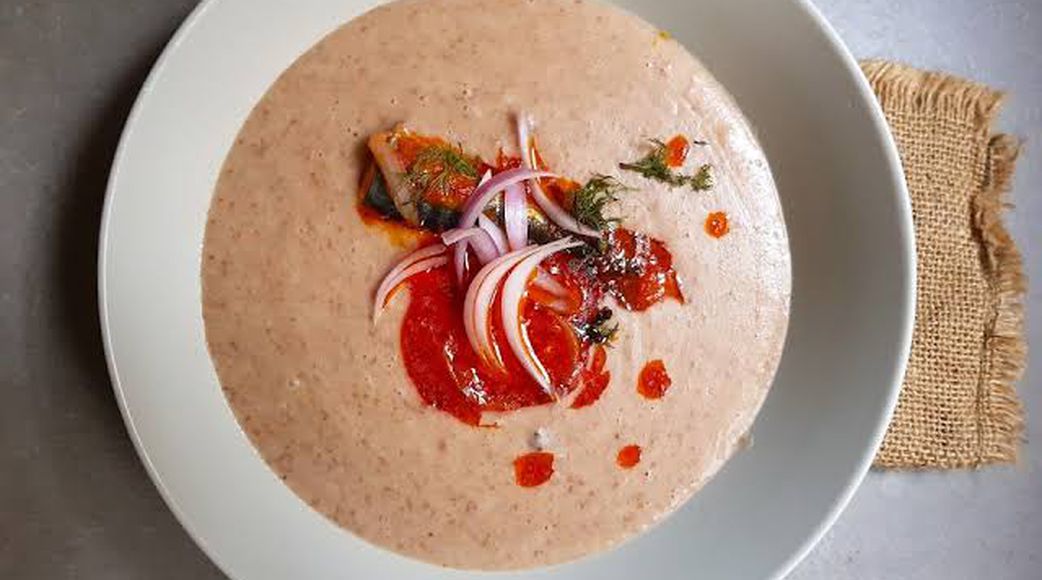In many homes across Lagos, eating Frejon on Good Friday is more than just a culinary choice — it’s a cherished tradition rooted in history, culture, and faith. If you’ve ever wondered why this unique dish is reserved for Good Friday, here’s everything you need to know.
What Is Frejon?
Frejon (from the Portuguese word feijão, meaning “beans”) is a creamy, pudding-like dish made from black beans and coconut milk. Some recipes also include sugar for added sweetness. This meat-free meal is smooth, rich, and deeply symbolic.
The Historical and Religious Roots of Frejon
The tradition of eating Frejon on Good Friday can be traced back to freed Brazilian slaves of Yoruba descent, known as the Agudas or “returnees.” When they resettled in Lagos and other parts of Nigeria, they brought with them various aspects of their culture — including their Catholic faith and traditional foods.
As Catholics, the returnees observed Good Friday as a solemn day of fasting and abstaining from red meat, in remembrance of the crucifixion of Jesus Christ. Frejon, made entirely without meat, became the perfect dish to observe this sacred day while still providing nourishment after fasting.
More Than Just a Meal
Today, for many Lagosians, eating Frejon on Good Friday is about more than avoiding meat. It’s a way to connect with their heritage, honor their faith, and celebrate community. It also offers a refreshing break from the usual celebratory dishes like jollof rice.
So the next time you see someone enjoying Frejon on Good Friday, remember — it’s not just a meal. It’s a reflection of tradition, history, and religious identity.

























